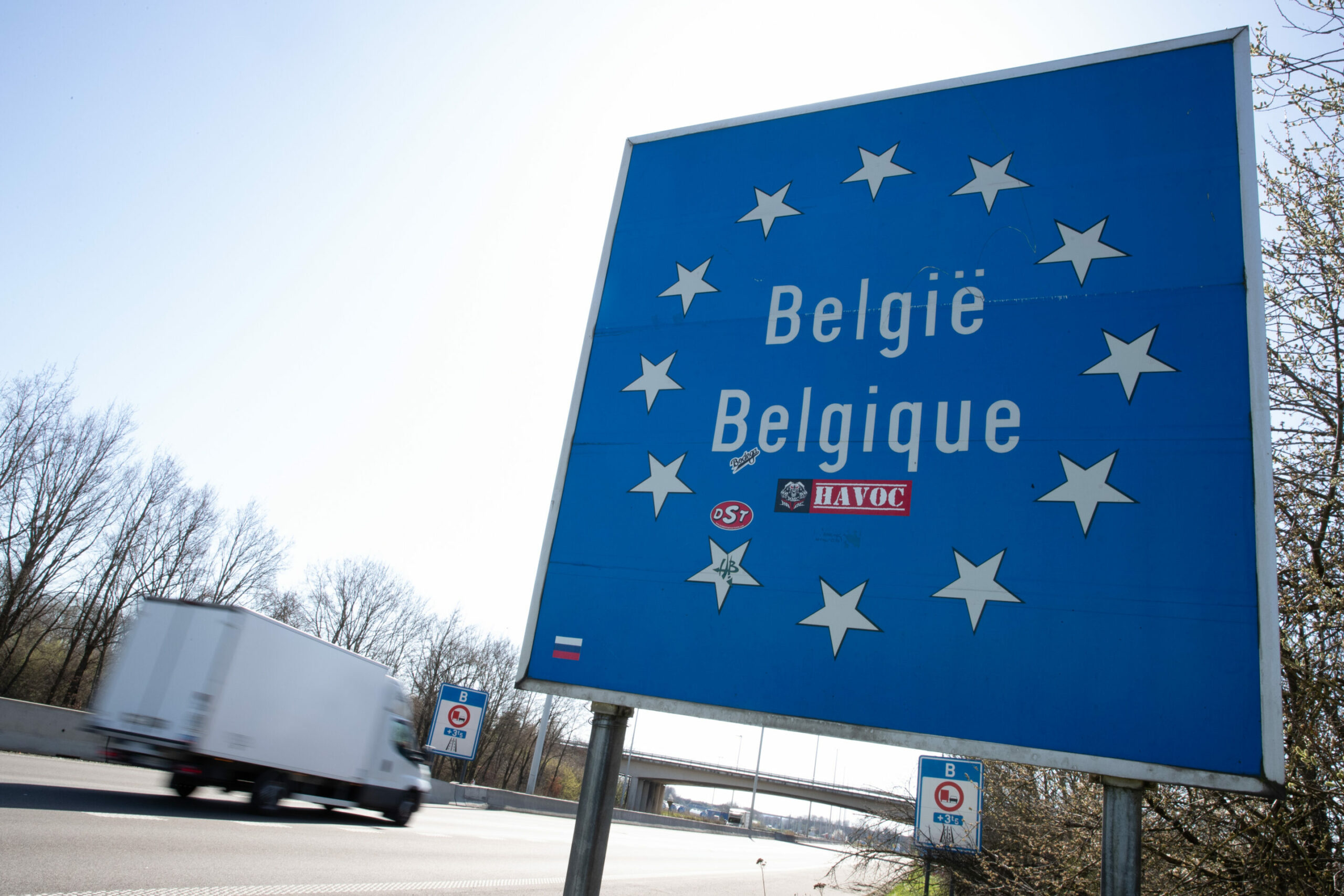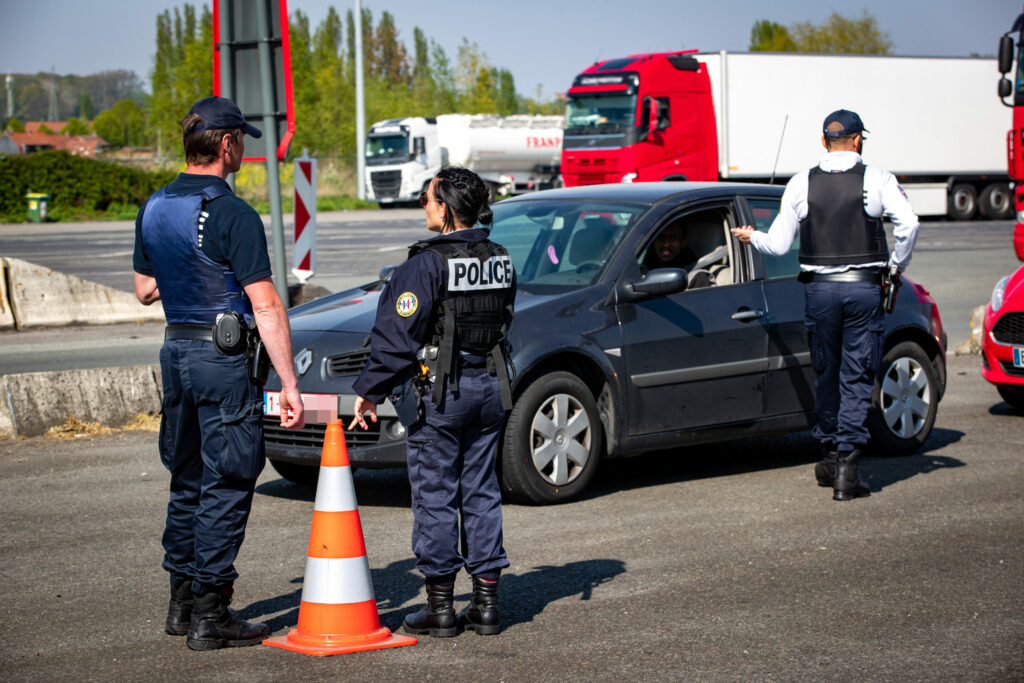France will temporarily reintroduce checks at its borders from 1 November. What does this mean in practice, and how will it affect people travelling to the country from Belgium?
France announced in mid-October that it would reintroduce stricter border checks with Belgium, Germany, Italy, Luxembourg, Spain and Switzerland from 1 November, citing concerns over irregular immigration and "serious threats posed by high-level terrorist activities." The checks will last six months.
Borders are nominally open between countries in the Schengen area, but nations can temporarily bring in border checks. While France's latest announcement on border controls made headlines, it marks almost a decade of such checks in the country. Checks were first introduced in December 2015 following the Paris terrorist attacks.
Since then, France informed the European Commission of nearly 20 extensions related to various security concerns, including the 2024 Paris Olympics. The latest move is an extension of the current border control measures, ending on 31 October. "We are simply renewing the checks that have been in place since 2015," a spokesperson for the French Home Affairs Ministry told The Brussels Times.
Practical impact
The latest announcement of France's extension of border controls caused particular concern in neighbouring countries such as Belgium, as thousands of people cross the border into France from these countries every day. Belgian transport federation Febetra expressed its dissatisfaction with the news, arguing that it would be costly and result in heavy traffic.
However, spokesperson for outgoing Home Affairs Minister Annelies Verlinden (CD&V), Nick Gyselinck, assured The Brussels Times that the impact would be limited. "When France brought back this mechanism for six months ahead of and during the Olympics, people coming from Belgium did not experience any real problems. It looks like this will again be the case, so we don't expect disruptions or extensive traffic jams."

Credit: Belga / Benoit Doppagne
Gyselinck added that, in practice, not everyone who crosses the border is being checked. "The checks are not being carried out systematically. We also saw that these checks often took place inland and not at the border itself." He noted that the effect was similar in Germany, which brought in border checks for people entering the country via land routes in September.
Still, people crossing the border into France should carry their identification documents on them and be prepared for border guards to perform detailed checks. For EU citizens, this can be an EU passport or national identity card from an EU country.
Meanwhile, non-EU citizens who require a visa should carry their passport and a valid residency permit or visa issued by an EU country, while those from visa-exempt countries should be able to show their stamped non-EU passport and be mindful of their Schengen allowance days. For example, UK nationals can only stay for a maximum of 90 days in six months.
Concerns for asylum seekers
Austria, Denmark, Germany, Italy, Norway, Slovenia and Sweden have also introduced internal checks at their borders and the Netherlands has announced it will be following suit from the end of November.
Such widespread use of the mechanism is the result of an amended Schengen Border Code, which came into effect in mid-2024. Among other things, it allows States to increase border surveillance measures to tackle immigration. Checks can also be reinstated for a maximum period of two years (renewable for one year), compared with six months previously.
"But our position is clear," a Commission spokesperson told The Brussels Times. "Reintroducing border controls must remain exceptional, strictly limited in time and last resort measure if a serious threat to public policy or internal security has been established." They added that, if an EU country prolongs the internal border controls for one year or more, the Commission will issue an opinion. But the decision cannot be vetoed.
Related News
- Is Schengen on the way out? New border checks challenge open Europe
- France to temporarily reintroduce checks at borders, including with Belgium
- Brexit means Brexit: EU travellers must pay to travel to UK from April
Experts have warned this trend sets a dangerous precedent, as Schengen has historically been considered one of the EU's major achievements. Migration and Asylum Researcher at Odisee University College, Pascal Debruyne, said that across the EU, right-wing parties are "slowly pushing the boundaries of what is legally possible."
"For now, they are working towards a temporary suspension of Schengen but by doing so, they are also pushing the boundaries of Europe's existential existence."
Meanwhile, organisations defending the rights of migrants and asylum seekers have said the measure will have a devastating impact on vulnerable people through more pushbacks. In the first month since the controls in Germany were introduced, around 1,000 people have already been sent away and around 1,700 "illegal entries" were detected, the country's Home Affairs Ministry announced.

